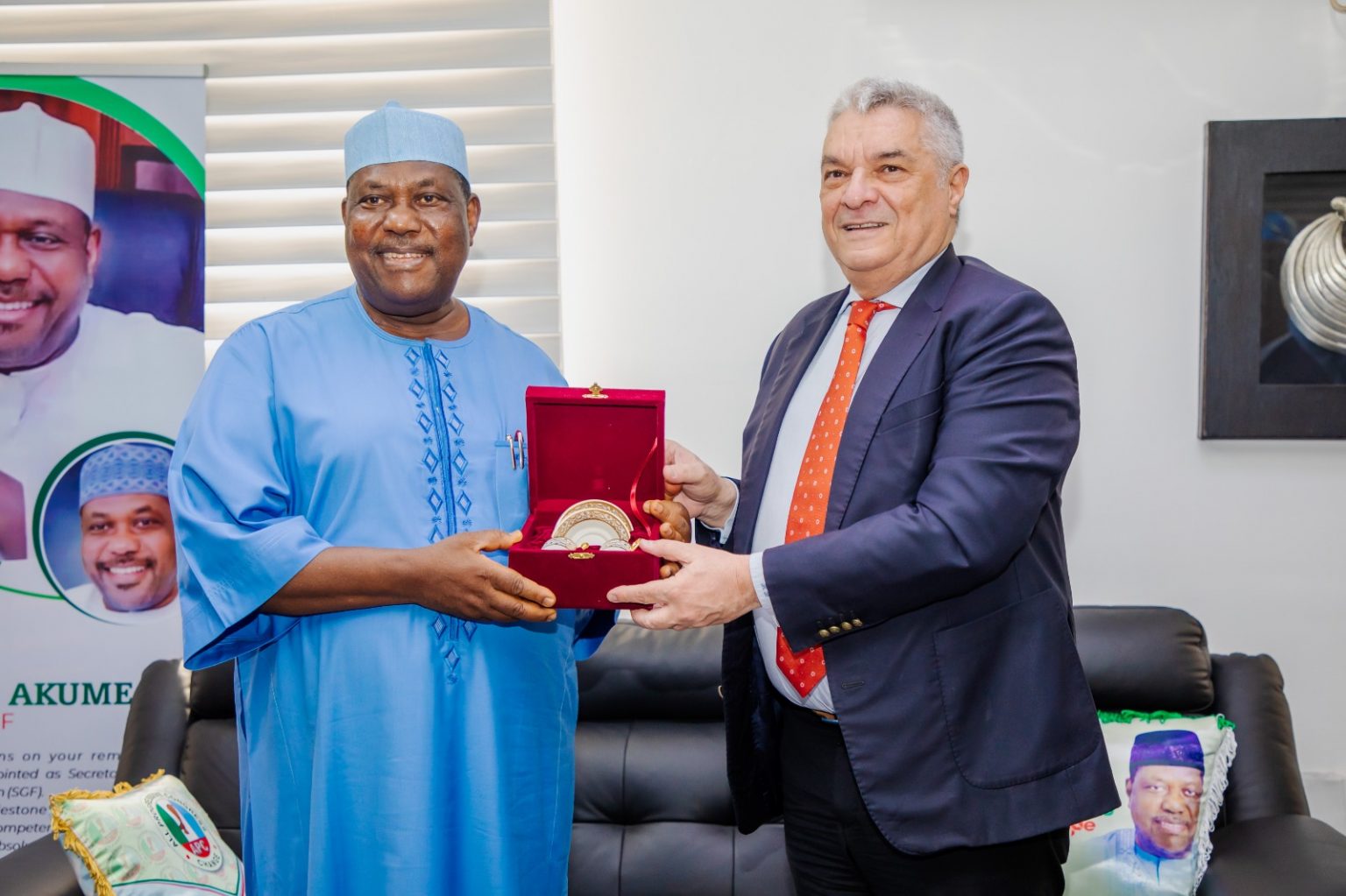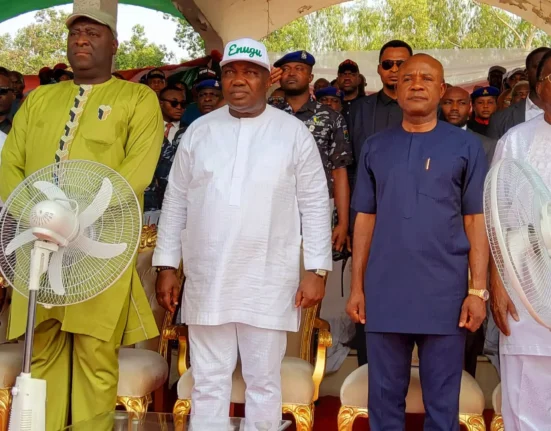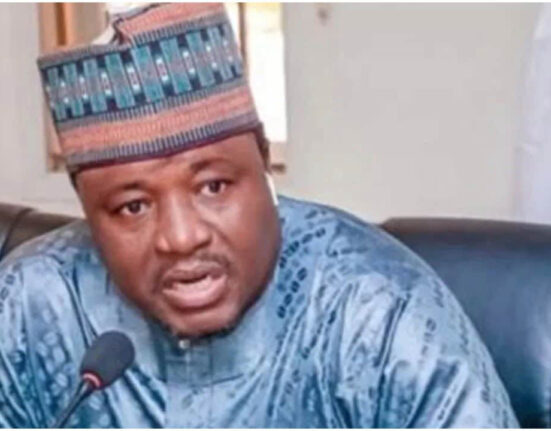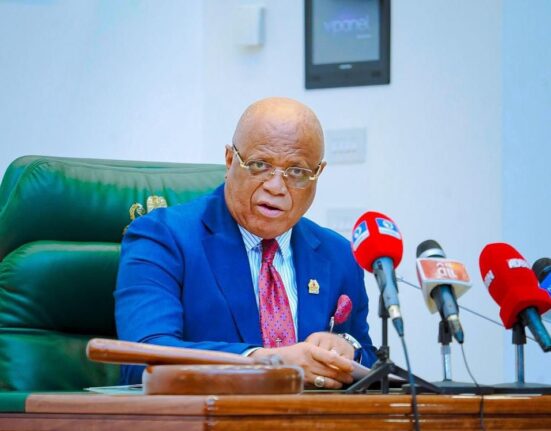In the political landscape of Kwara state for the upcoming 2027 elections, a significant discussion is brewing on the delicate balance between zoning arrangements and competence. This debate raises crucial questions about how political power should be distributed and whether merit should outweigh regional considerations.
Zoning, a common practice in Nigerian politics, involves rotating key positions among different regions to ensure equitable distribution of power. On the other hand, competence emphasizes selecting leaders based on their skills, experience, and ability to deliver results regardless of their geographical origin.
The intersection of these two principles often sparks intense debates as stakeholders grapple with the best approach to governance. While zoning can promote inclusivity and address historical marginalization, critics argue that it may prioritize political expediency over meritocracy, potentially leading to ineffective leadership.
One key aspect fuelling this discourse is the need for effective governance that not only represents diverse interests but also delivers tangible development outcomes for citizens. As Kwara state prepares for the 2027 elections, striking a balance between zoning considerations and competence becomes paramount in ensuring sustainable progress and responsive leadership.
According to a seasoned political analyst familiar with Kwara’s dynamics,
“The challenge lies in harmonizing regional sentiments with the imperative of having capable leaders who can drive meaningful change. It’s crucial to strike a balance that leverages both local knowledge and technical expertise.”
As discussions around zoning arrangements intensify in Kwara state ahead of the 2027 elections, there is growing recognition that while geographical equity is essential for social cohesion, it must be coupled with a commitment to excellence in governance. Achieving this delicate equilibrium requires thoughtful deliberation and proactive engagement from all stakeholders involved.
Moreover, historical context plays a pivotal role in shaping present-day perceptions towards zoning and competence. Understanding past grievances related to marginalization or exclusion is vital in crafting inclusive policies that address systemic disparities while fostering an environment conducive to merit-based leadership selection.
In navigating this intricate terrain, policymakers are urged to consider not only short-term political gains but also long-term implications for development and stability. By integrating lessons from past experiences and embracing innovative approaches to governance selection processes, Kwara state can chart a path towards more effective leadership structures that blend regional representation with competency-driven decision-making.
As one grassroots activist emphasized,
“We must move beyond traditional divides and focus on identifying visionary leaders who have both roots in our communities and a track record of transformative leadership. The future of Kwara hinges on our ability to unite behind individuals who embody integrity, vision, and dedication.”
Ultimately, as Kwara state stands at the crossroads between honoring historical agreements on zoning while prioritizing competence-based leadership selections for its 2027 elections, finding common ground becomes imperative. Striking a harmonious balance between these seemingly divergent principles is essential for fostering good governance practices that resonate with the aspirations of all citizens across the state.









Leave feedback about this